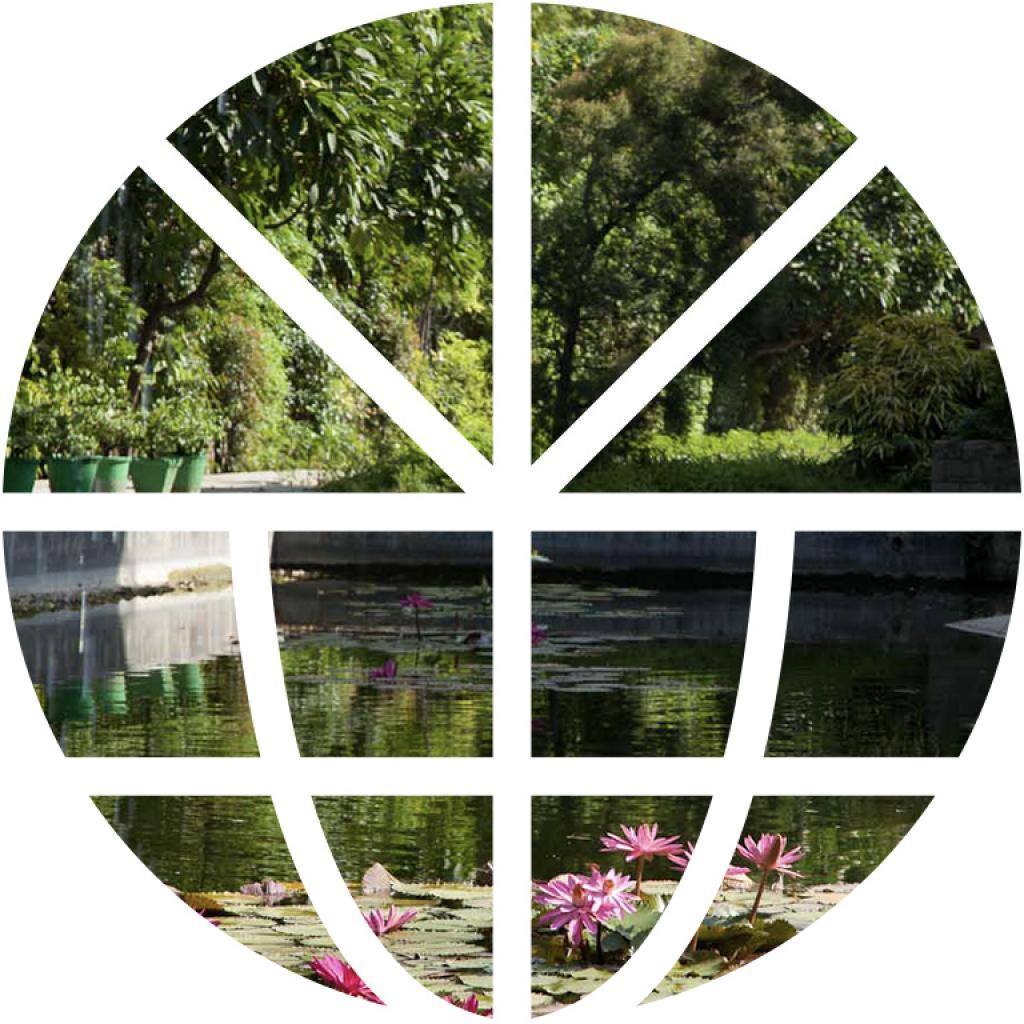Vayro (20 min; 2012; documentary; India)
Director: Aashini Shah
A film about three middle-aged people who are trying to bond with a younger generation
Assimilation (20 min; 2012; short fiction; Hong Kong)
Director: Cheung Wai Yin
Britman, a little boy who grows up in Hong Kong with a British-style education and his struggles in secondary school where Chinese and Mandarin is the norm
The Two Lines (82 min; 2011; documentary; South Korea)
Director: Ji-min
A filmmaker questions the meaning of marriage through her own story of being an unwed mother
From 14:15 to 16:00
Rup Rupantar (19 min; 2009; documentary; India)
Director: Viveka Chauhan
A film about the folk art form of Bohurupias, who are trying to keep their own space in a modern world
Followed by a discussion with the filmmaker
My Grandfather's Yakshi (14 min; 2011; short fiction; India)
Director: Anoodha Kunnath
A young man reminiscences about his late grandfather, reliving a story once told to him
Followed by a discussion with the filmmaker
Sawali (16 min; 2012; short fiction; India)
Director: Arya Rothe
A young woman can't eat, smell, digest food. Her hunger creates a shadow that eats
Followed by a discussion with the filmmaker
Dhadi: The Ballads of Punjab (16 min; 2011; documentary; India)
Director: Nupur Nijhawan
Film on Dhadi Kala or the tradition of reciting tales from history accompanied by the powerful strains of folk music to glorify a patron which has survived many masters through the centuries until today
Followed by a discussion with the filmmaker
From 16:20 to 18:15
Because (17 min; 2012; documentary; India)
Director: Neetole Mitra
An attempt to understand power struggles in a romantic man-woman relationships
Followed by a discussion with the filmmaker
The Creeper, the Alien & Other Stories (21 min; 2011; documentary; India)
Director: Sandhya Ramachandran
Ashish Lakhia tells us about The Creeper, the Alien & other stories through objects that he has collected over the years
Followed by a discussion with the filmmaker
Breakin' Mumbai (33 min; 2012; documentary; India)
Directors: Aakriti Kholi; Gin Khan Siam; Sandeep Kumar Singh; Shweta Ghosh; & Sumit Singh
The film tries to understand the dynamics of breaking; exploring questions of space and the avenues for leisure in Mumbai
Followed by a discussion with the filmmakers

